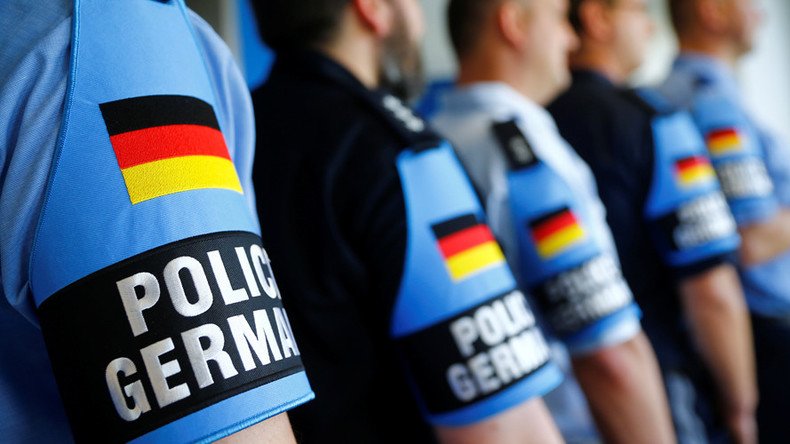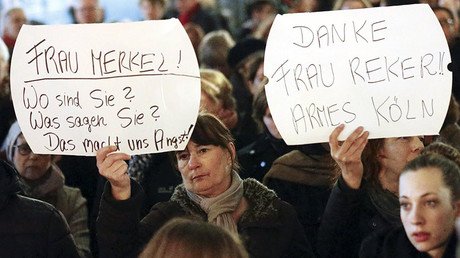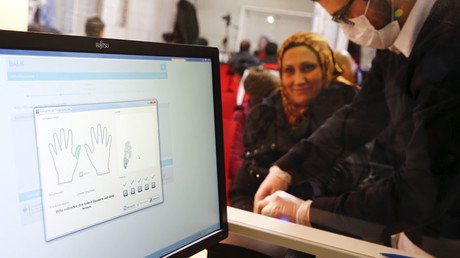German police underequipped & underfunded ‘for 11 years’ – vice chancellor

The German federal police has been inadequately equipped and underfinanced for the last 11 years, according to Chancellor Angela Merkel’s deputy. The remark comes after four lone-wolf terror attacks that shocked Germany in July.
The German federal police must “finally” have sufficient manpower and the necessary equipment, Vice Chancellor Sigmar Gabriel said, who is the leader of the Social Democrats.
Speaking to the German publication Bild on Sunday, Gabriel laid the blame for the shortcomings on the Interior Minister Thomas de Maiziere.
“If the [police budget cuts] continue in the coming year, the federal police’s capabilities would be at risk," Gabriel said. The vice chancellor said that the government’s recent proposal to deploy Bundeswehr, the German military, in case of troubles at home, is wrong.
“Whoever calls for the Bundeswehr’s mission to be extended over interior affairs, neglects the job being done by our police officers,” he said.
The German police union (GdP) has also warned that insufficient funding would limit the force’s ability to respond to security risks. Jorg Radek, the vice chairman of the union, told Bild that the federal police’s budget will be short of €140 million ($155 million) in 2017, citing the dire condition of its helicopter fleet as an example.
Three helicopters lost in crashes have not been replaced, Radel said, while maintenance of the remaining fleet is suffering from “massive delays.” He noted that the purchase of new helicopters is critically important for the police’s ability to quickly deploy forces in case of troubles.
The issue is being raised after a string of lone-wolf shootings and assaults shocked Germany, which until quite recently has seen no large-scale terror attacks unlike France or Belgium. But in a matter of just one week in July, four violent attacks took place in the country.
In the deadliest attack to date, an 18-year-old gunman killed nine and injured 35 others at the Olympia mall in Munich and subsequently committed suicide.
Several days earlier, a 17-year-old “unaccompanied minor” of Afghan origin armed with an ax and a knife, attacked train passengers in Wurzburg, central Germany, injuring several people, some critically.
The suspect was shot dead by police while trying to escape the crime scene. Two other assaults involved an improvised explosive device and a machete attack in the towns of Ansbach and Reutlingen respectively.
Over the past months, the German police have been under fire for their inadequate response to crime and the worsening security situation posed by the refugee crisis.
Earlier in June, Rainer Wendt, chief of the police trade union, admitted that background checks of all asylum seekers arriving in Germany would be wise but unaffordable.
“It would have been useful in the second half of last year to create conditions for background checks on all people who came to us, in fact, before they traveled [to Germany]. But that is past history now, as we cannot afford it,” he told SWRInfo.














